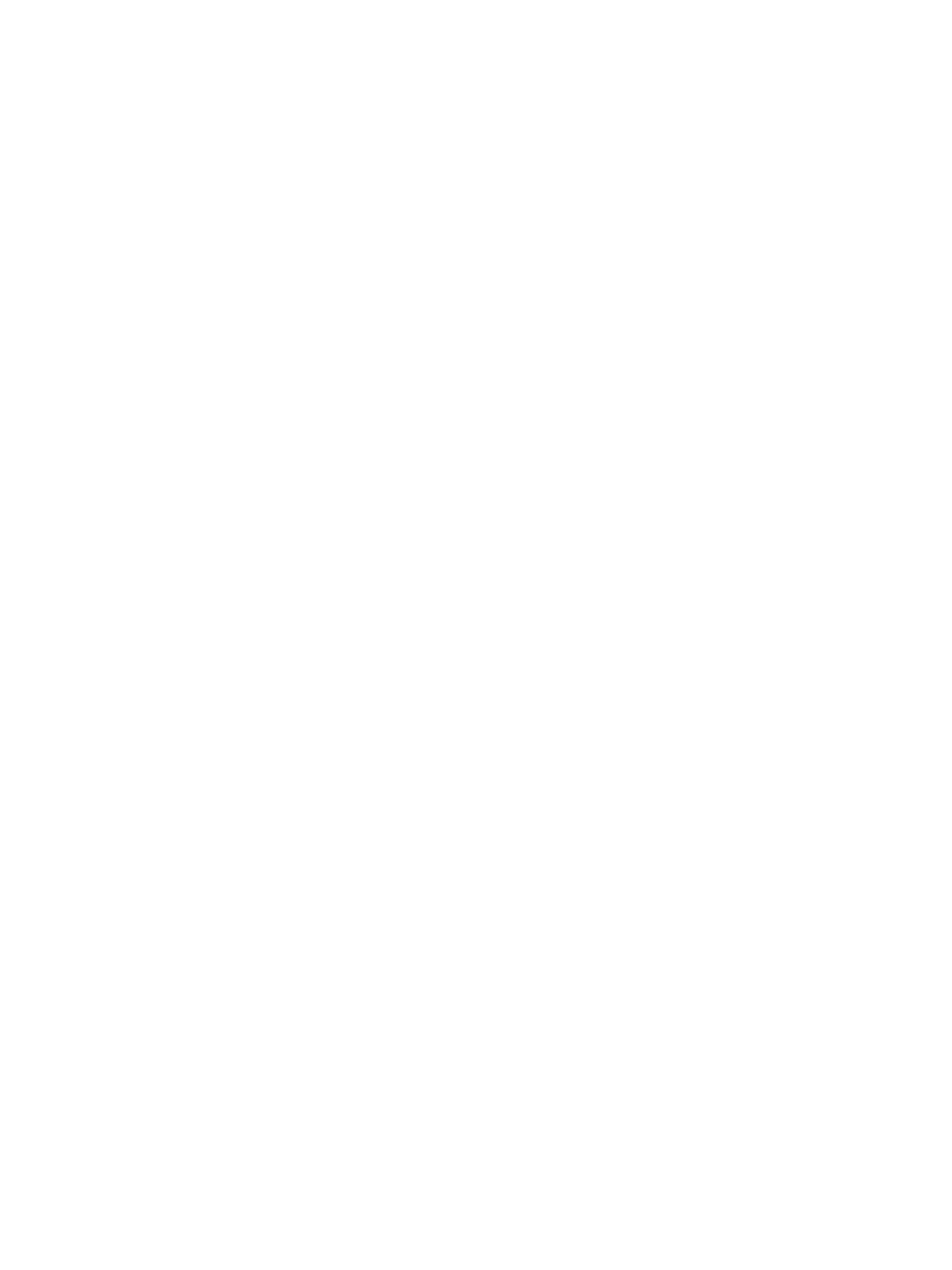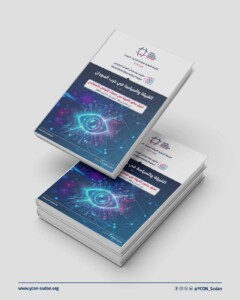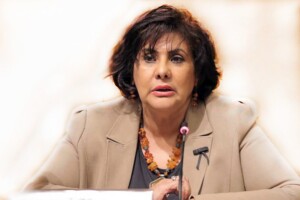Sudan Democracy First Group – The Insurance Sector: Corruption and Islamization
The Sudan Democracy First Group (SDFG) has released its latest report on corruption and lack of transparency in the insurance sector in Sudan. The report asserts that lack of transparency and corruption was an inherent feature of the operation of the public and private sector during the period of the Ingaz [Salvation] regime of Omar Al Bashir (1989-2019).
 Sudan Democracy First Group report: The Insurance Sector: Islamization and Corruption
Sudan Democracy First Group report: The Insurance Sector: Islamization and Corruption
The Sudan Democracy First Group (SDFG) has released its latest report on corruption and lack of transparency in the insurance sector in Sudan. The report asserts that lack of transparency and corruption was an inherent feature of the operation of the public and private sector during the period of the Ingaz [Salvation] regime of Omar Al Bashir (1989-2019).
The report comes as a new addition to the series of sectoral reports issued by the SDFG during the past four years under the Sudan Transparency Initiative STI project, launched by the organisation in 2015, including reports on the land sector, the oil sector, the gold mining sector, the health sector, the telecommunications sectors and others.
It deals with corrupt practices in the insurance sector which one of the important sectors that have been adversely affected by the practices of the former regime. Despite the millions of people affected by this sector, directly or indirectly, and it’s considerable bearing on the performance of the economy, little or no attention has been paid to the operation of the sector and the magnitude of corruption, nepotism, lack of transparency and politicization that prevailed since the early 1990s.
The report begins with an overview of notion of insurance, its types and the guiding principles which governs the sector’s operations at the globally, regionally and in Sudan prior to era of the Ingaz regime. It then provides an accurate account of the history of insurance, its operation and development in Sudan. Moreover, it comprehensively explains developments in the sector after the ascendance to power of the Islamic movement in 1989 through a military coup, including the corruption that accompanied the so-called Islamization of the insurance sector, as part of an overall Sudan Islamization Project envisaged by the Sudan Islamic Movement.
The report further discusses the legal framework that lay the foundation and helped the emergence of insurance sector in Sudan. It also highlighted changes in the laws that governs the sector as a result of the changing political context, including the period of nationalization in the early 1970s and the Islamization of the early 1990s.
The publishing of the report comes as the Sudan is witnessing a great positive development after the triumph of the December 2019 Revolution that toppled the Ingaz regime. The release of the report also coincides with the formation of the civilian-led transitional government which is faced with enormous tasks of improving the economic performance, reach a comprehensive peace, removal of ideologue of the previous regime from important positions and the combating of corruption and promoting transparency in the public and private sectors. The later task is considered one of the most daunting challenges of the transitional government because of thirty years of systematic and official corruption practices condoned by the previous government
The report concludes with a number of recommendations for reforming the insurance sector and the laws that govern its operations. SDFG hope this report contributes to ongoing efforts by the transitional government and organized other stakeholders in different sectors, with the objective of combating corruption, improving performance, trail of the corrupt officials, promoting accountability and the amendment of laws, rules and regulations that govern the operations of these sectors.
Disclaimer: The views and opinions expressed in this article are those of the contributing author or media and do not necessarily reflect the position of Radio Dabanga.
Radio Dabanga’s editorial independence means that we can continue to provide factual updates about political developments to Sudanese and international actors, educate people about how to avoid outbreaks of infectious diseases, and provide a window to the world for those in all corners of Sudan. Support Radio Dabanga for as little as €2.50, the equivalent of a cup of coffee.












 and then
and then